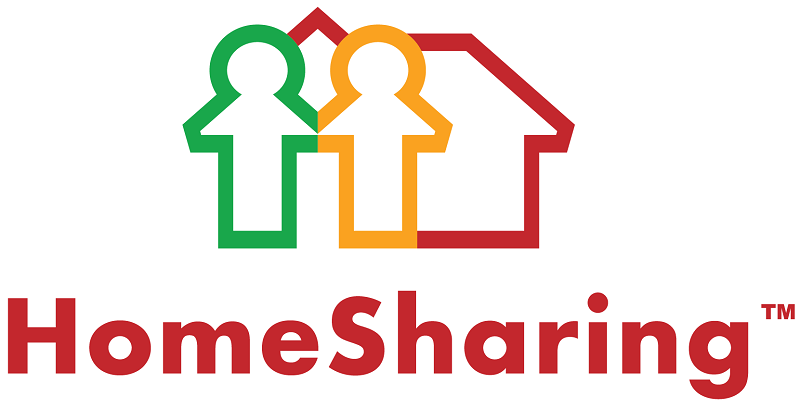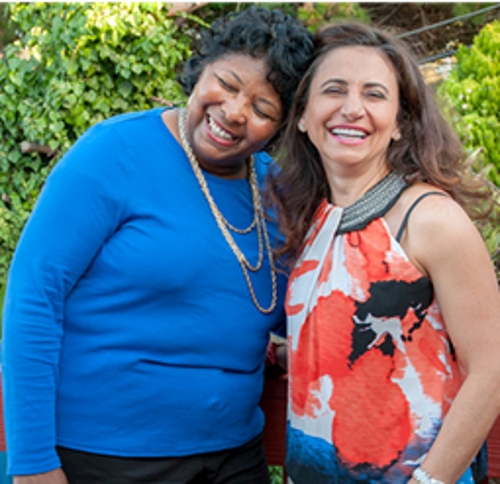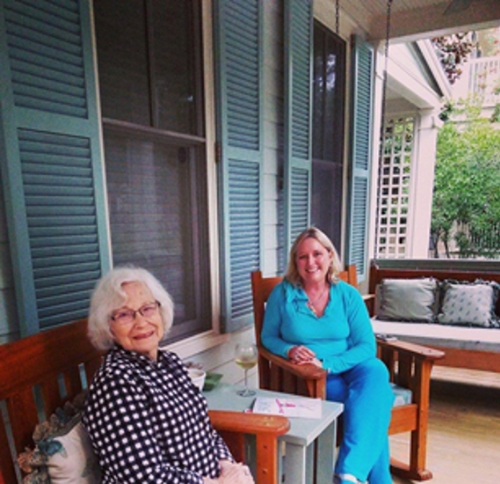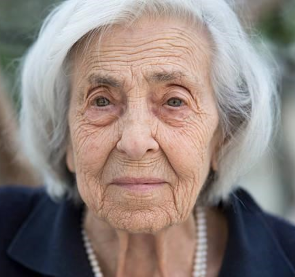
- Home
- Learn More


HOW DOES HOMESHARING WORK?
The HomeSharing process begins with an intake phone call or visit by the client to collect basic information and to initially screen the client into HomeSharing services or to make referrals to other agencies. At this time a background check is completed using public websites such as Megan’s Law and Department of Corrections. All potential clients complete an initial application and client references are called.
The next step is an interview with the HomeSharing Social Worker. Providers and Seekers are interviewed to learn about their personal habits and their history, confirm employment, and ensure that there is adequate income to cover the monthly rent. Seekers are interviewed at the HomeSharing site or at a convenient public place of their choosing. Providers are interviewed in their homes, so that the adequacy of the residence may be assessed as well.
At this point in the process, clients are provided with the contact information for potential matches based on their personal preferences, with permission of all parties. Clients keep in touch with the HomeSharing staff as they pursue their match.
HomeSharing doesn’t “place” people in homes. Once the two prospective clients decide they are a match, a HomeSharing shared housing meeting is scheduled. During this meeting our Social Worker facilitates a discussion on all aspects of the shared living agreement, including which portions of the home are shared or considered private, who is responsible for cleaning, and when the rent is due. Both Seeker and Provider leave the meeting with a written copy of the agreement and clear dates for move in and financial arrangements.
HomeSharing monitors the match through follow-up phone calls, visits and surveys during the life of the match as well as during the Holiday Food programs and other HomeSharing events. Case management around such things as financial stability, job seeking, and food and health care resources is provided to insure the stability of the match, and mediation is provided should any conflicts arise between the Provider and the Seeker.
WHO DOES HOMESHARING HELP?
HomeSharing helps individuals who need additional income or assistance in order to maintain and remain in their homes or apartments (Providers) and individuals searching for safe and affordable housing in the community (Seekers).
The typical Provider is an older adult on a fixed income who needs extra money to pay their mortgage or taxes or who needs some help around the house in order to continue living independently. Providers also include younger families and singles who are having financial difficulties and have a room to spare.
The typical Seeker is someone who recently experienced a job or relationship change and does not have much expendable income to pay for the high cost of housing in the Central Jersey area.
Providers must live in Somerset, Hunterdon, Middlesex, Morris, or Union Counties, or in the Montclair area. Seekers can come from anywhere in the country and must be trying to move into our service area.
Providers should have a suitable house or apartment with a separate bedroom for a Seeker and being willing to share common spaces (living room, kitchen, and bathroom). Providers and Seekers must be independent enough to meet their own basic needs.
BENEFITS OF HOMESHARING
– Providers are able to remain in their homes and communities.
– Seekers obtain suitable and affordable housing.
– Providers receive needed assistance through exchange of service.
– SERVICE ARRANGEMENTS
Sometimes a Provider needs some help around the house and is looking for someone who is willing to live in their home under a “service arrangement”. In that situation, the Seeker’s rent is reduced in exchange for help with household chores or services (for example, cooking, cleaning, shopping, yard work, etc.). In such cases, the HomeSharing Social Worker helps the Provider and Seeker negotiate and document an agreement which details the work-for-rent arrangement.
– The health and well-being of Providers and Seekers are improved through additional income for necessities, stable housing, companionship, and security.
– Burden on Caregivers is reduced.
– The local community and government benefit by employees living near their work locations; paying taxes in the local county; by home owner’s continued payment of property taxes; and by a reduction in the need for construction of costly housing units.
SUCCESS STORIES
36
Years of Experience
3,600
People Served-2019
1,800
Matches
91,500



